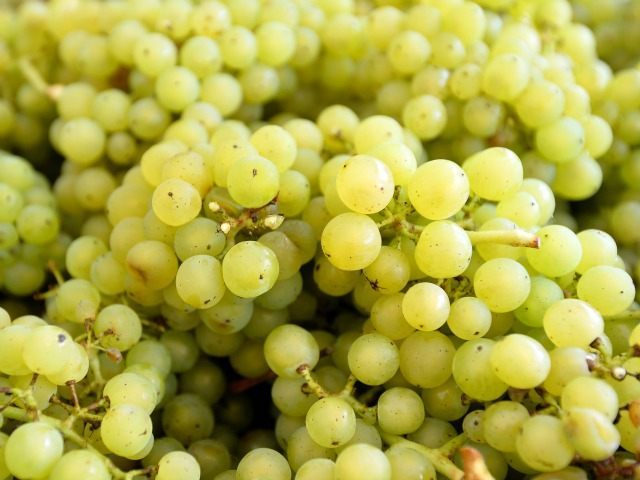JERUSALEM – An Israeli winemaker is turning a nearly extinct variety of grape into wine that was last consumed in the era of the bible, ISRAEL21c reported.
Using 3D and DNA analysis, Marawi grapes were found to be the same species of those discussed in the Talmud. For the first time ever, an Israeli team has turned the nearly extinct grape into a wine which was introduced at a tasting in Italy by the Jewish National Fund (KKL-JNF) and Israel’s Ministry of Tourism.
“Maybe we can identify what wine Jesus drank at the Last Supper,” said Elyashiv Drori, an agricultural and oenological researcher and owner of a boutique winery who spearheaded the breakthrough.
Four years ago, Drori and his team at Ariel University set out to explore the fate of the native wine grapes mentioned in the Talmud.
“Where did these varieties disappear to? We hypothesized that our ancestors’ vines became neglected when Muslim regimes took over around the seventh century. Later on, the Mamluk rulers prohibited wine production and cut down all the vineyards. Thus, people started growing only table grapes,” Drori told ISRAEL21c.
“Yet we believed that because of the strong resilience of the grapevine some would still be found in nature in the wild.”
Drori was correct in his assumption. After his team collected and sampled 480 wild grapevines, the lab identified more than 150 unique Israeli varieties not found in American or European databases. Over the next two years, Ariel’s research winery produced whites and reds from these varieties.
Archeological evidence points to a period of intensive winemaking in Israel starting from around the 28th century BCE. However, until now, indigenous grapevines in Israel are table grapes, and therefore not considered suitable for fine wine. For this reason, Baron Edmond de Rothschild brought in French wine grapes when he reestablished the wine industry towards the end of the 19th century.
This is partly why the Marawi discovery is so significant. It means that Marawi is truly an Israeli wine and not just a wine produced in Israel.
“Every respectable wine region has its own indigenous grape varieties, and that is the wine’s ID,” said Drori. “Israel hasn’t had a wine ID, so why buy a Syrah from Israel? This is why it is strategic, important work to reestablish indigenous varieties.”
Wine taster Ido Lewinsohn, who appraised the Marawi wine as “complex and interesting” explains further: “People in the wine business are looking for unique wines that represent a local character and identity. The only wines that can do that are made from grapes best adapted to the local climate and soil. The more antique the variety is, the more time it has had to adapt.”

COMMENTS
Please let us know if you're having issues with commenting.